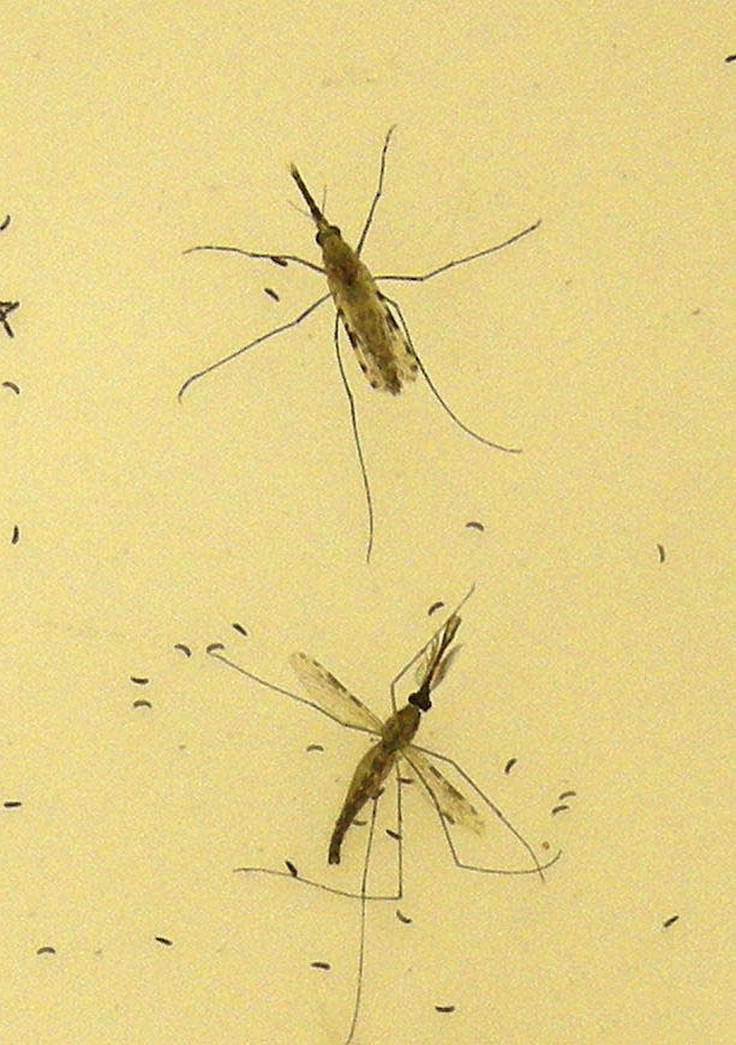Experts Explain Why Some People Are More Prone To Mosquito Bites

A new study found that genetics may play an important role in attracting mosquitoes. The researchers were able to yield this finding by asking a group of identical and fraternal twins to endure a surge of hungry mosquitoes so as to discover additional factors that can explain why some people seem to be more appealing to the insect.
Identical twins have very similar level of attractiveness to mosquitoes whereas fraternal twins do not, said study leader and medical entomologist James Logan from the London School of Hygiene and Tropical Medicine. This then suggests that genetics play a role in an individual's probability of getting mosquito bites.
Female mosquitoes require the proteins in human blood to generate eggs. Several factors have been associated with the increased attraction of these mosquitoes to certain individuals. Examples of the most common individuals who attract mosquitoes more are pregnant women and people infected with malaria during its most transmissible state. According to Logan’s previous studies, those who are not frequently bitten by mosquitoes exhibit what may seem like a natural repellant. This means that they probably “smell differently to mosquitoes.”
According to the team’s recent research published in the journal PLOS ONE, the genes that affect how people naturally smell are likely to play an important role in this investigation. The researchers delved into this angle by inviting 18 pairs of identical twins and 19 pairs of fraternal twins for an experiment. Each individual was asked to insert their hand into a Y-shaped plexiglass tube. Air was blown towards the direction of 20 female Aedes aegypti mosquitoes located at the end of the tube. The Y shape of the tube enables the mosquitoes to chose between the two hands on either sides. The scientists presume that more mosquitoes will go towards the hand of the twin who has the mosquito-attracting gene.
At the end of the experiment, it was found that there were no significant differences in the mosquito attraction levels of identical twins. Conversely, fraternal twins, who have notably different genetic makeup, exhibited slight discrepancies in their results. With this finding, Logan said that he is presently looking at investigating the specific gene that influences the inducement.
New mosquito repellants could be invented if the team would be able to investigate the genes associated with the study. Since mosquitoes can cause various diseases, this new development will be of great benefit.
"The mosquito tested here, Aedes aegypti, is the main transmitter of the yellow fever virus, and the dengue virus, and some other infectious agents," said Richard Pollack, public health entomologist at the Harvard School of Public Health,. "So the more we learn about what causes a mosquito to find a person, the better we'll be able to design better strategies to protect people."
To contact the writer, email rinadoctor00@gmail.com.





















